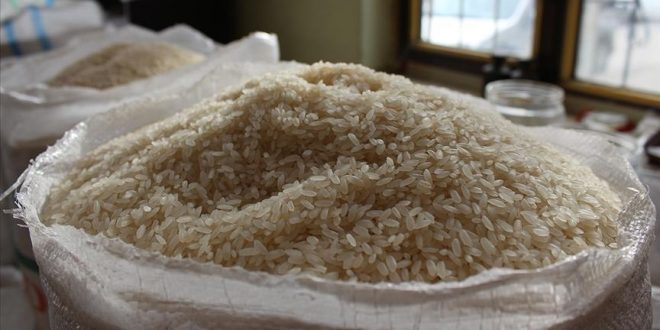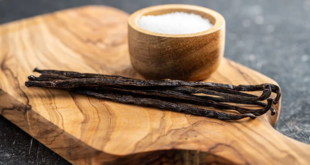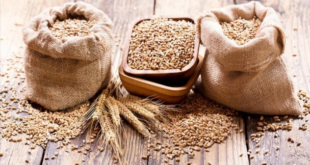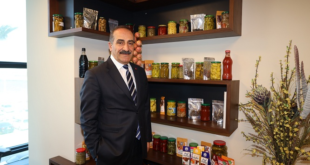After 7 years of research, scientists develop rice variety resistant to floods and salinity…
DHAKA, Bangladesh…
Bangladeshi scientists have claimed a breakthrough by developing a special rice variety, resistant to floods and salinity.
Starting in 2015 as a joint project between Bangladesh Atomic Agriculture Research Institute (BINA) and Bangladesh Agricultural University (BAU), the researchers achieved a milestone last month, that has the potential to improve food security in the region.
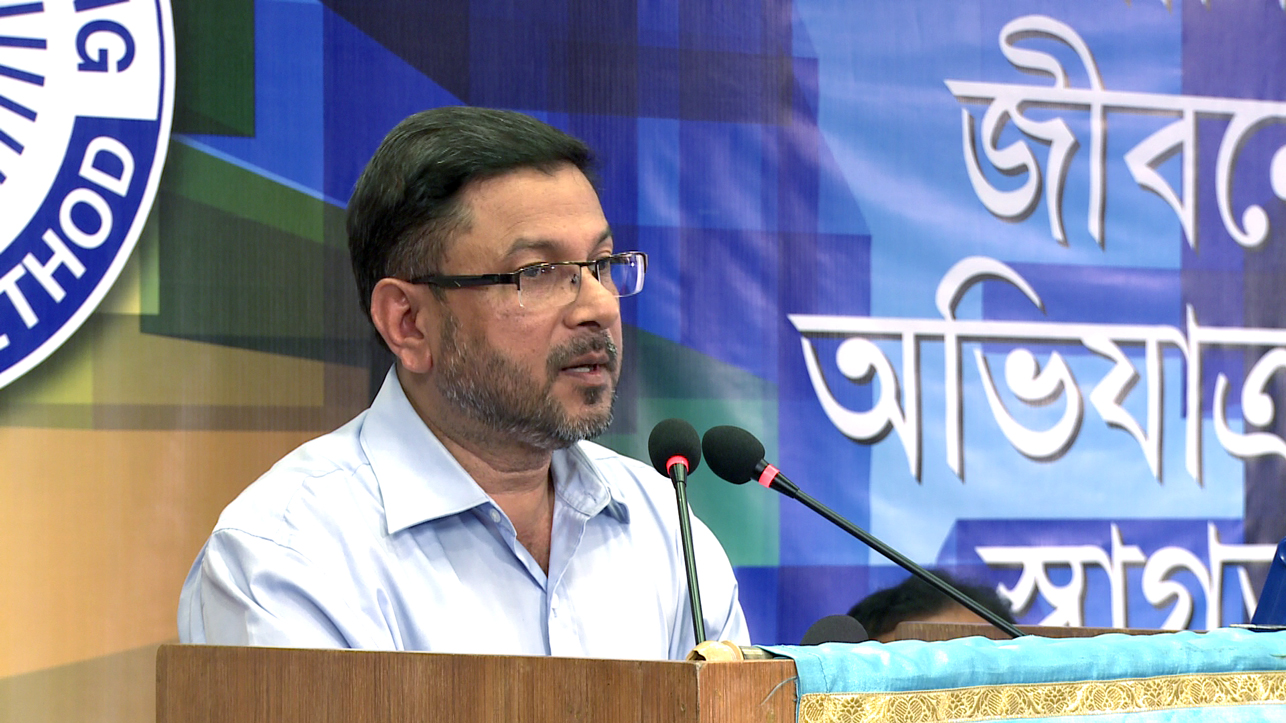
Speaking to Anadolu Agency, Mirza Mofazzal Islam, who led the team of scientists, said the new rice variety will not only come to the rescue of Bangladesh but across Asia as the rice is the staple diet of millions of people in the region.
“Through this genome sequence we have discovered three new types of rice varieties that are different from the mother type with new characteristics and survival capabilities,” said the chief scientist.
He said the new rice seeds produced from this genome sequencing will be several times tolerant to water submergence and salinity.
Bangladesh is one of the most climate-prone countries in the world hit by floods, cyclones, and other natural disasters every year.
About two million hectares (4.9 million acres) of arable land in the country face salinity, according to data available with Bangladesh’s Agriculture Ministry. Besides crops, mostly southern coastal areas get destroyed every year due to floods, bringing misery to millions of farmers.
“As an outcome of the genome sequence, the new type of rice seeds will be hopefully able to reach our farmers on a massive scale by the next three years. They will bring revolutionary progress in rice production, as it will survive underwater for 15-20 days,” said Islam.
Resistant variety
The current seeds can survive just 4-5 days under the water. Rice can only resist saline water only for 2-3 days. According to scientists, the new seeds will be able to tolerate waters and salinity several times more than current varieties.
“In Bangladesh, we normally spend huge money for technological support from other nations in different sectors. But in the country’s very vital agricultural sector we have invented a full genome sequence that will inspire our scientists to be more devoted to research works,” said the chief scientist.
He said that the research will benefit people living in neighboring Myanmar, Thailand, and parts of India, where the staple diet of people is rice.
Shaikh Mohammad Bokhtiar, chairman of Bangladesh Agricultural Research Council (BARC), told Anadolu Agency that this research will boost rice production not only to meet domestic requirements but there will be a surplus for exporting to other countries as well.

Hailing the development, farmers in Bangladesh have urged the government to supply new seeds for cultivation on a massive scale within the possible shortest time.
Mohammad Alamin, a farmer, said that there are huge tracks of cultivable land between Bishkhali and Baleshwari rivers in the southern coastal district of Barguna. But due to the saline nature of the soil and frequent floods, it has remained out of bounds for farmers.
Flood prone country
According to government records, more than 400 rivers crisscross the territory of Bangladesh, making it flood prone country in South Asia.
“Some of our farmers always try to cultivate on the riversides every year. It is the lone income source for many. But due to salinity, there is little to harvest,” Alamin said.
He said that saline-resistant seeds will go a long way to help cultivate large tracts of land.
“So, I hope that the government will try to supply new paddy seeds based on the new genome sequence soon,” he said.
Another farmer, Haider Shajjal, said many canals get flooded during monsoon and inundate cultivable land. They overflow as the flow of water has been blocked by people due to illegal occupation of land along their banks.
“The new invention is very significant for us, but at the same time the government must take a megaproject to restore the destroyed canals as well as dig new ones,” he added.
 THE GLOBAL WINDOW OF TURKISH FOOD AND AGRICULTURE The Global Window of Turkish Food and Agriculture Sector
THE GLOBAL WINDOW OF TURKISH FOOD AND AGRICULTURE The Global Window of Turkish Food and Agriculture Sector


